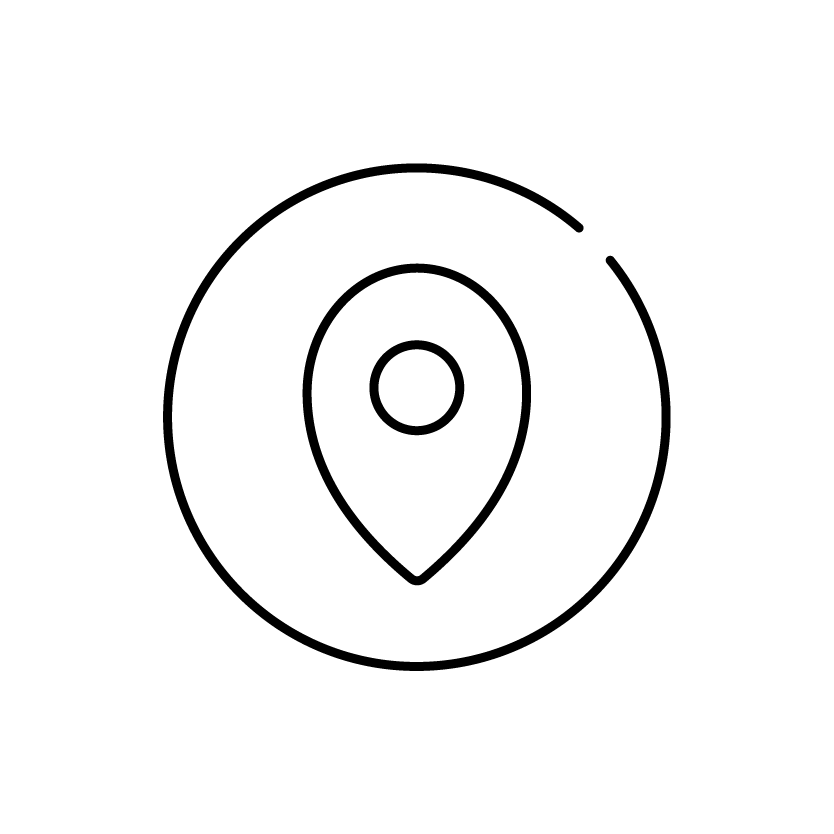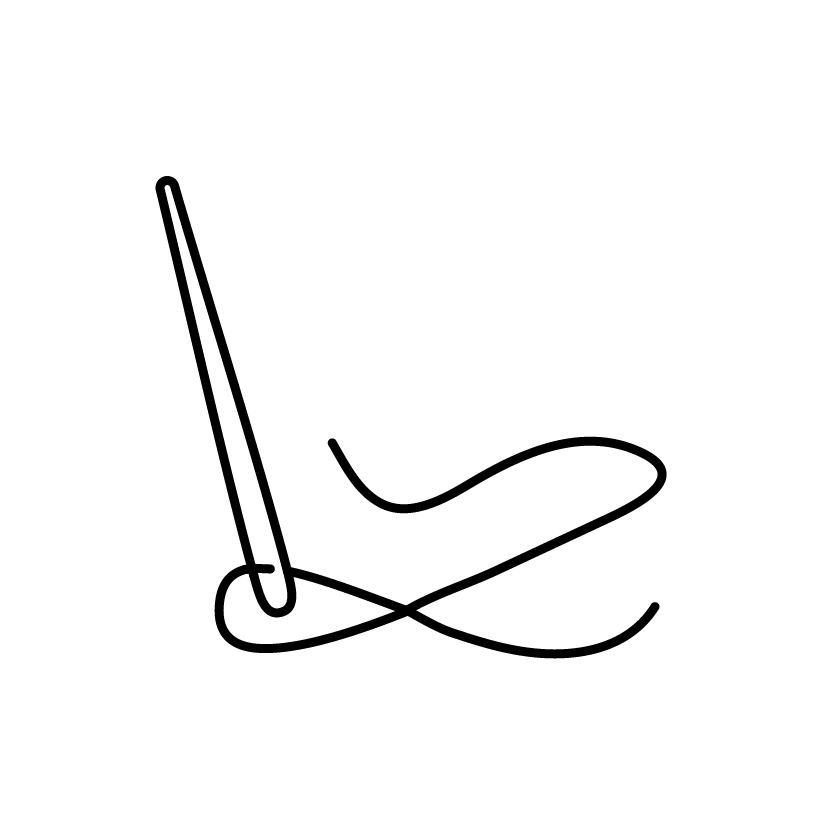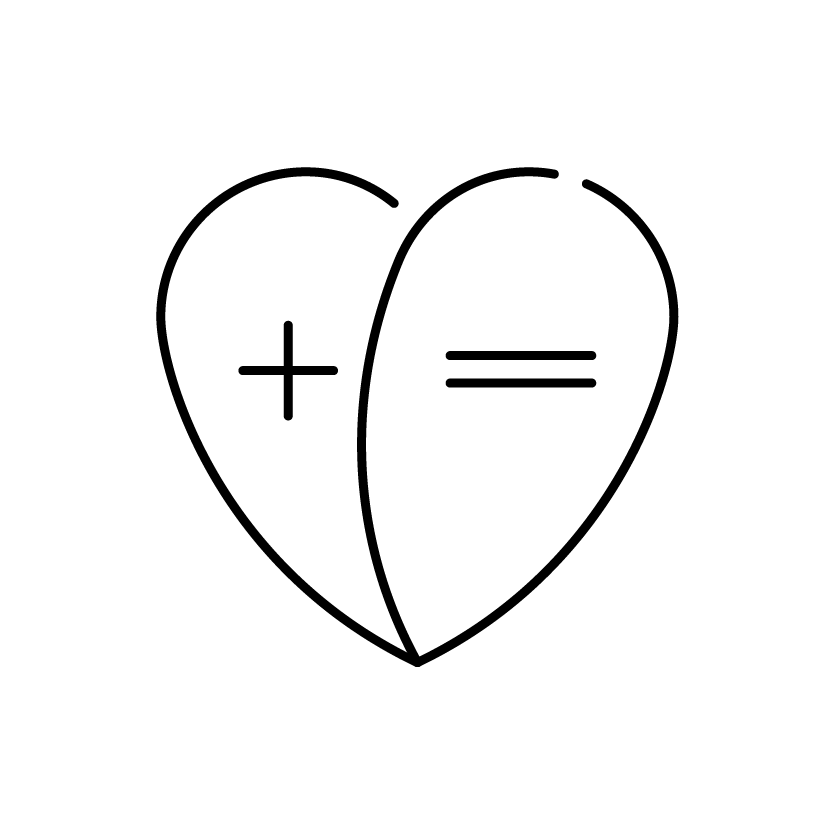Location
Tunisia
Made In
Tunisia
Values
Based in Tunisia, North Africa, TUNIQ is an ethical and sustainable fashion brand “championing radical labor ethics and the art of traditional handwork in a time of mass production.” TUNIQ is not like the other fashion brands – this is a company that is completely dedicated to using business as a force for good, and their transparent and traceable supply chain fully reflects this.
Labor
From the shepherds and weavers to the dyers and tailors, the TUNIQ team knows every single person in the company’s supply chain. These workers have freely chosen their employment, and are entitled to not only work from home but also to work to their own schedule.
What’s more is TUNIQ meets the workers’ asking price for their labor, often exceeding this figure when they believe it is too low, and distributes 50% of profits amongst all of the talented artisans in their cooperative.
If you weren’t already impressed enough, TUNIQ’s founding team do not and have not paid themselves any revenue, and work entirely on a volunteer basis, as they “will not feel at peace paying ourselves until we have secured this cooperative and the livelihoods of our artisans.”
Oh, and if you thought they couldn’t give any more than they already do, you’d be wrong. The TUNIQ team auctions special hand-made pieces for charity, partners with charities for fundraising drives, and provides interest-free loans to struggling artisans in their community.



God’s Earth
Each and every one of the divine TUNIQ pieces, from the tailored cloaks to the pencil skirts, is hand-crafted from wool. Not just any wool, though; TUNIQ sources unprocessed wool from shepherds, which is then handspun into thread, dyed with local plants and herbs, and ethically, sustainably and lovingly turned into a TUNIQ garment.
TUNIQ also utilises plastic-free, hand-wrapped and 100% backyard compostable packaging; completely rejects single-use plastics of any kind, as well as toxic dyes and harmful chemicals; offers a free repair scheme; re-uses scraps and office materials however and whenever possible; and ensures that any waste that is generated in the production process is compostable, and able to be returned to the earth without harming it.
Rather than using carbon-derived power, TUNIQ relies on human power to bring their creations to life, making the production process energy efficient and environmentally sustainable. Also, because TUNIQ’s cooperative is carbon negative, TUNIQ produces “regenerative fashion from sheep to shop”, and every textile regenerates the soil from which it was originally taken.
When we talk about “shopping for impact”, this is exactly what we mean. TUNIQ is a shining example of what happens when we, as conscious consumers, use our purchasing power for good.
Want to know where Tuniq sits and what they’re working on in terms of these 5 values? Hover over these values to find out.
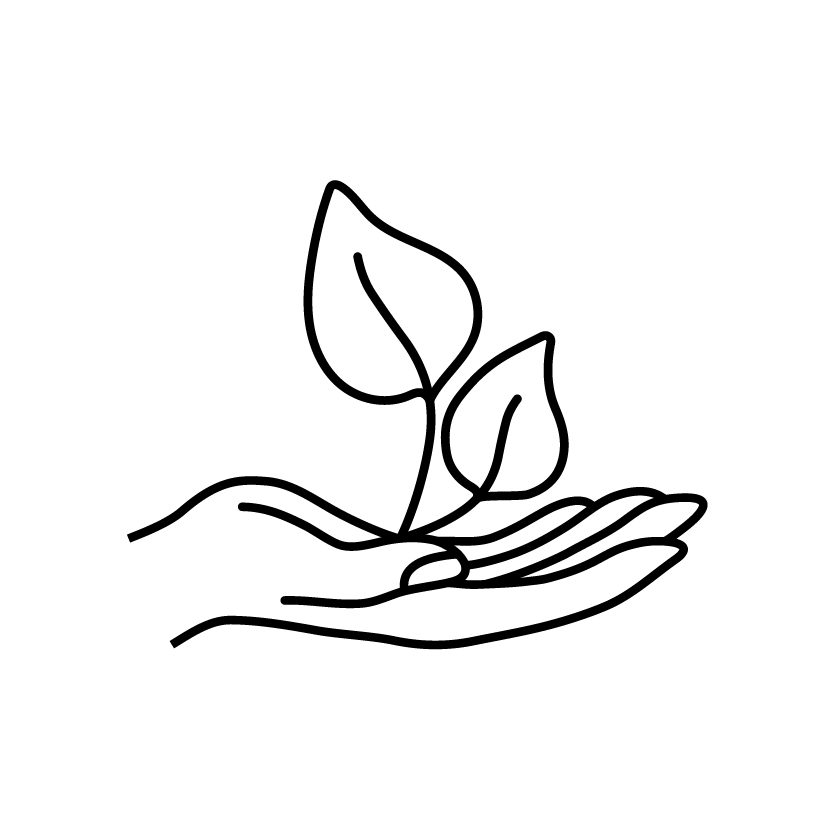
Eco Friendly
All of our pieces are made from 100% organic, locally sourced and handmade materials without the use of any toxic dyes. We do this to protect the environment from harmful chemicals and to boycott the destructive cotton and wool industries, as well as the tremendous pollution caused by the synthetic fabric industry. Our packaging is plastic-free, hand-wrapped, and 100% backyard compostable. Our entire workflow is plastic-free, and we reject any single-use plastics in all aspects of our work, even beyond packaging. Our production process is as energy-efficient as possible, relying for nearly every task on manual human power, rather than carbon-derived power. Our Co-op from end to end is carbon negative, regenerating the soil with every textile.
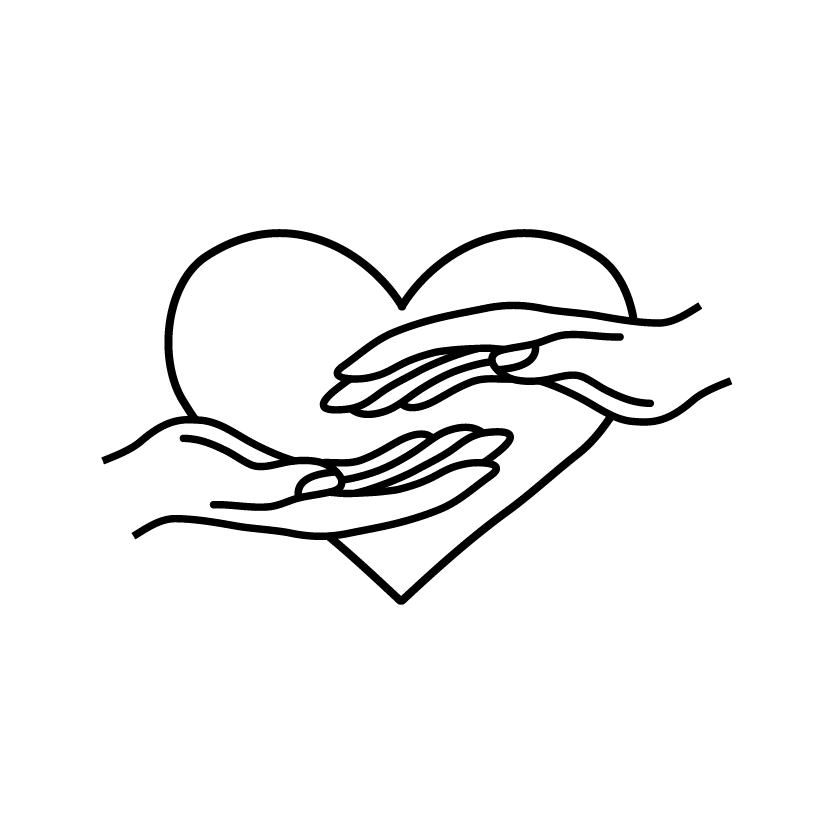
Fair
We know every single individual person involved in our supply chain from the shepherds to the weavers, the dyers to the tailors. We chose them personally, after visiting their homes and building a relationship. Our approach is to enshrine autonomy. Artisans set their own asking price for their labor, and we always meet or exceed it. Additionally, artisans know how to labor in their homes, using manual crafts, and when extra materials are needed for safety, we go out of our way to provide them. For example, we bought heatproof and waterproof gloves for all of our home-dyers, even though they didn't request them, to protect their hands from the dye pots which can get very hot.
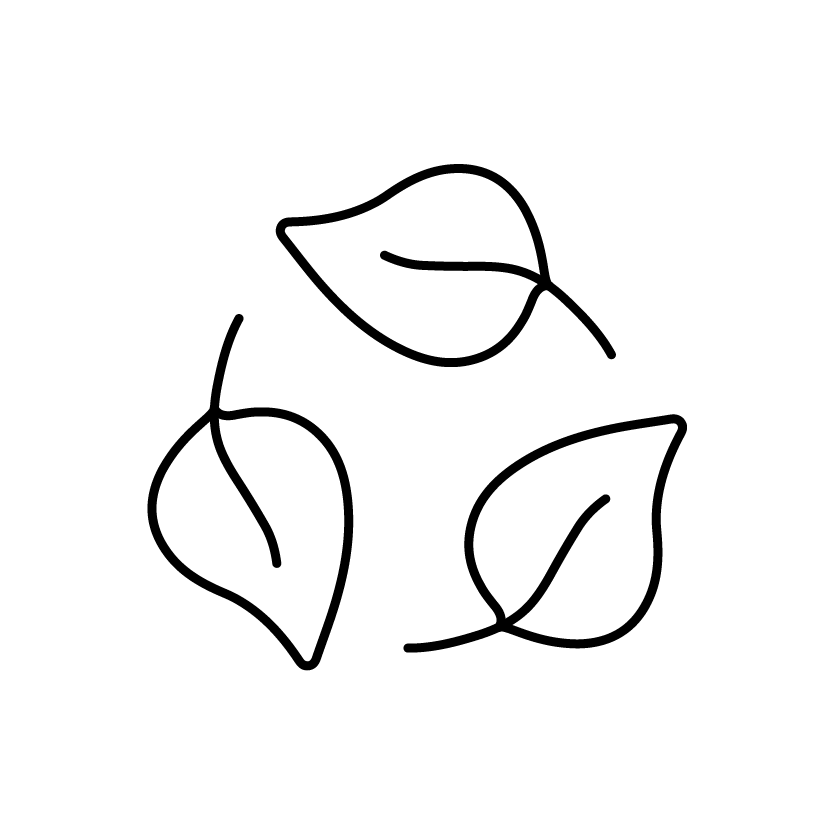
Minimal Waste
We have a free repair scheme, we share care information for longevity with every product, we strive for waste-less pattern making and re-use scraps whenever that is not possible, we re-use all sorts of materials in the office, and ensure that any waste that is produced is ultimately compostable, making it not waste at all, but food for the soil.
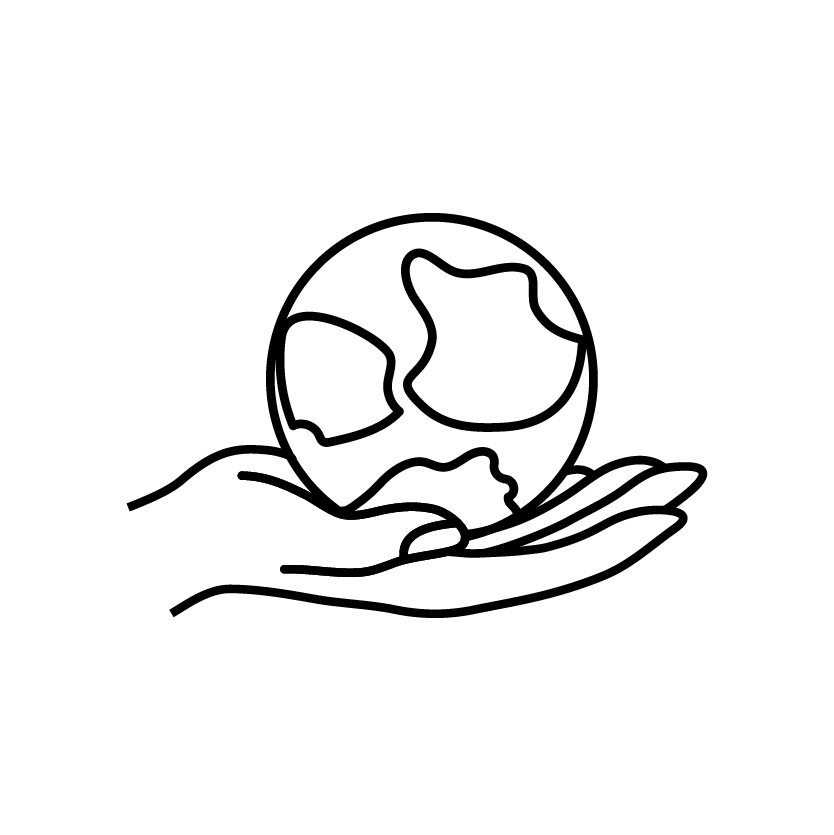
Give Back
We frequently run charity auctions for special handmade pieces, partner with charities for fundraising drives, and we share a percentage of profits among the artisans in the collective. We also offset all carbon emissions from shipping. Because we work with artisans on an individual and very personal level, we deeply know what is going on in their lives. We've been blessed to be able to support artisans through personal struggles with interest-free loans, donation drives, and legal and financial advice and connections to people who can help. Ours is a community, and we are there for each other.
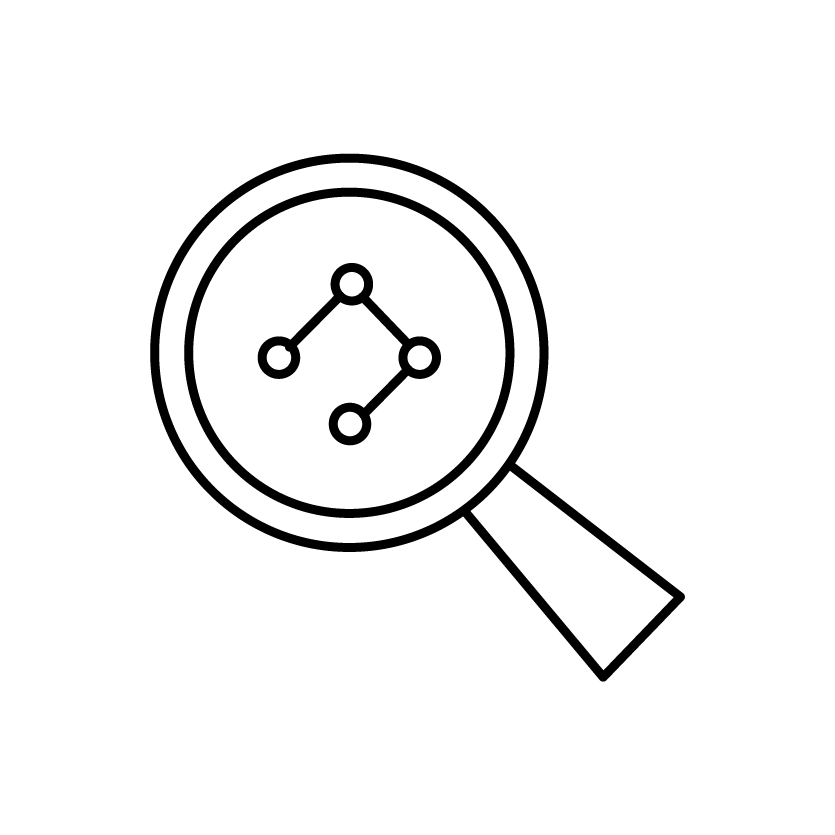
Transparent
We can trace our entire supply chain from sheep to shop. The two occasional limitations are some of the herbs we use in our plant-dyes (we are not yet sure where or how they are grown) and some of our sewing thread (it is imported to Tunisia and we haven't yet been able to trace it).
Behind the Brand
“Part of our mission is to work to get these indigenous traditions recognized around the world, not just for their cultural beauty, but because they really offer a solution to so many of the challenges our world faces today”.
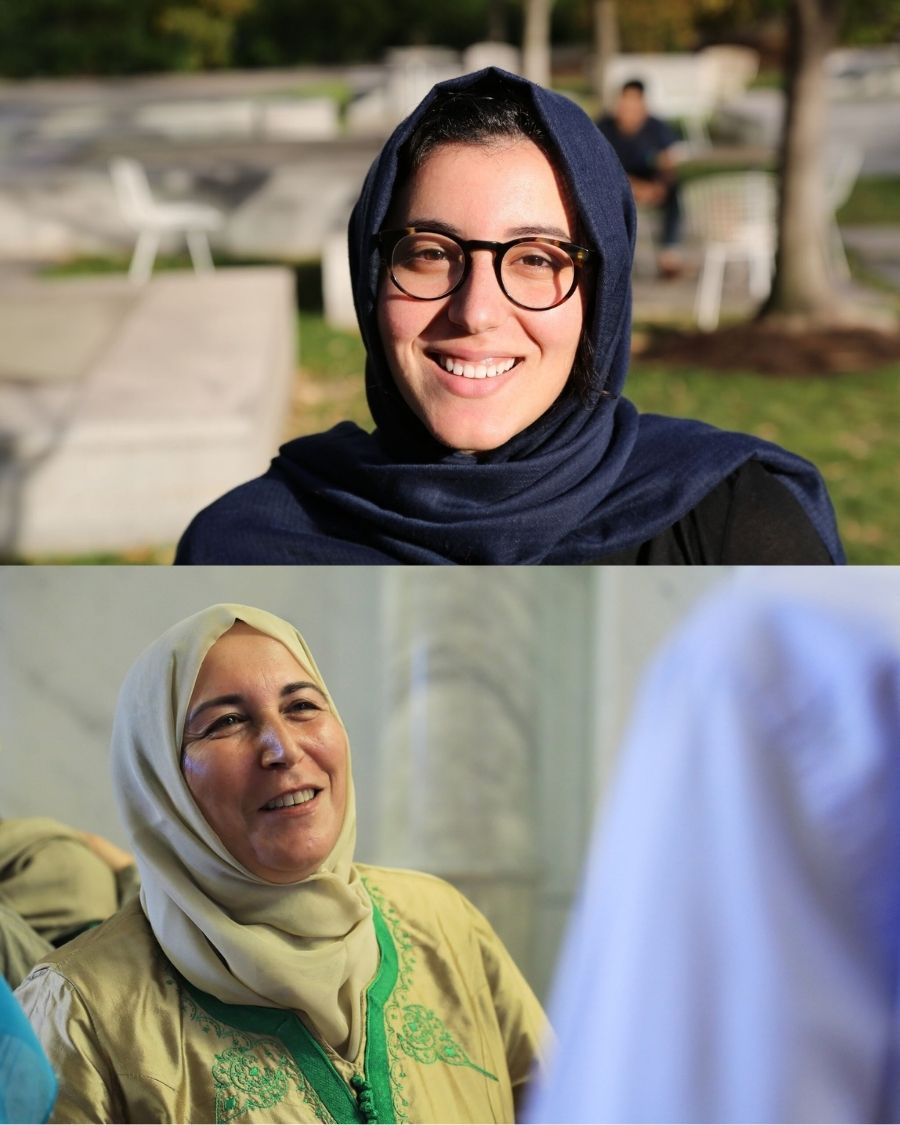
What made you start TUNIQ?
It really was a happy accident! We never meant to start a fashion brand. We needed some traditional handmade embroidery work done, so we got to know some craftswomen in Tunis and were amazed at their work. Their embroidery was incredible, yet little was known about it around the world. We wanted to help them get the word out. The initial idea was to set up an Etsy or something like it for them, help them also with design ideas to create something exportable.
Once we started, it was no question for us that if we are going to do this, it must be done the right way. At that time, we didn’t know how difficult that would be. We started asking the tough questions; where does this fabric come from, how was it made, how was it dyed, where do the fibers come from, were the workers paid fair wages, what were their working conditions like? And many more. We spent a lot of time researching those questions and experiencing successive waves of shock and utter disgust at learning what goes on in the textile industry.
But we also experienced a lot of happiness and beauty as we toured the country in search for traditional ways to make fabric, completely natural, sustainable dyes, and carbon-negative, organic ways of making textiles manually from raw wool directly from free roaming sheep. Seeing the contrast between the miracle of people working with their hands with organic materials and the incredible violence and destruction that comes with the industrial textile production model lit a fire under us. There was no doubt in our minds how we were going to proceed.
Do you have a morning routine? If so what is it you do to set yourself up for the day ahead?
I wake up right before sunrise for the dawn prayer. After prayer, I sit with family for a bit, and then its time to get ready for work. I love to get dressed before doing anything or checking email, because it feels like an important transition. And then I go down to the office, and we look at the most important things to focus on for that day. This is really important, because given all the myriad challenges of running our own decentralized production for our designs, it can feel like we’re always putting out fires and dealing with crises, so trying to focus and plan carefully helps make sure we’re also accomplishing our longterm goals.
What’s the biggest barrier you’ve found to succeeding as a socially conscious business?
The biggest barrier I’ve found is people’s ignorance, through no fault of their own, about the impact of the textile industry on our planet and its inhabitants. That ignorance leads to a push back and resistance to a different way of doing things. So not only we are having to find alternatives for everything from fabric to buttons to sewing thread to labels, which is already difficult in itself, but we are getting a lot of resistance from some of the makers who are used to doing things a certain way and are very surprised to see us want to do it the hard, clean, sustainable, ethical, and slow way. We also see this on the customer side sometimes, where people do care so much about ethical production in the abstract, but they never get the chance to learn the specifics of what that means. So we have to do a lot of educating work to try to help people see the importance of what we’re building together. We were blessed to find the right partners in all the artisans and makers we work with today who have helped shape our collective beliefs, and the road is still long ahead of us.
Within the ethical fashion community, there’s a big question that we ask which is ‘who made my clothes?’. In the scope of TUNIQ, who made the things you sell? Can you tell us a bit about them?
All our products are made by hand artisans using their own means of production and on their own schedules.
Our wool fabrics are woven by Ryadh (you can find numerous interviews with him on our website) a mechanical engineer by training. After working in factories for years and seeing the harm being done to the environment, he decided to go back to the craft he learned from his grandfather when he was young: weaving. His grandfather’s shop had been closed for many years since the late’s passing. He had the daunting task of bringing it back to life. It wasn’t easy for Ryadh to do this. People thought he was crazy for wanting to “turn the clock back,” but he persevered and when we met him for the first time, we bonded deeply over our shared dreams. He brought us so much happiness and we were mesmerized by the beauty and purity of his work.
Our clothes are cut & sewn by Faouzi. a very talented tailor. He studied la haute couture in Paris and came back home to Tunisia where he opened a tailor’s shop and is employing 4 more people with him. He does incredible work for us and came to understand and agree with our values and goals. Faouzi uses only natural things in making our clothes, from 100% cotton lining to hand made brass buckles and buttons to cotton threads.
Our wool shawls are crocheted by hand by Naima and Mongia. Two ladies living in the rural areas of Sidi Bouzid, Tunisia. They work from their own homes, using their own means of production and on their own schedules.
Farhaat does all our leather products from our labels to our bookmarks to our card holders and our bags. Farhaat works from his shop in the heart of the Tunisian traditional leather souk market. He makes everything by hand using traditional and simple tools.
Bushra is in the south of Tunisia from the city of Touzer. She does all our woven palm leaf products such us our bags, placemats and baskets. She also works from her own home and on her own schedule, using palm leaves she collects from her backyard!
The embroidery on all our products is done either in the city of Binzert by Kawthar and Olfa. or in the city of Testour by Mohamed Hammami. They do very unique and beautiful work, which is incredibly intricate and time-consuming.
All our artisans set their own prices and working schedules. This is beauty of decentralized production. Because they own the tools of the craft themselves, they’re irreplaceable, and they have all the bargaining power in our relationship, which is how we like it.
Why did you pick the fabrics you have chosen to work with?
Because they’re local and organic! Organic wool has so many incredible benefits. It is long-lasting, softens with age, water repellant, fire retardant, and so much more. It creates a beautiful relationship with sheep who rely on us for the Spring haircut to ensure they don’t overheat in the hot summers. Raw wool takes natural dyes beautifully, and even without dye it comes in incredible shades of cream, grey, and brown straight off the sheep’s back. Sometimes our fabrics can be unruly or difficult to work with. Free-range sheep leave wool that is full of plant fibers we have to clean very thoroughly. Hand-woven and plant-dyed wool behaves differently under a sewing machine, drapes differently than industrial fabrics. It’s not as soft at the get-go as industrial fabrics, but softens tremendously with time and wear. There was a learning curve in adjusting our designs and process to respond to how the fabric moves and reacts, but that journey has blessedly always been the most beautiful thing about our work.
Best piece of advice you have ever received?
“With every hardship, there is ease.” Look for the opportunities in every challenge you face! Turn every ugly thing into something beautiful.
What’s next for you and TUNIQ?
We believe the work of our artisans represents true ethical, sustainable and carbon-negative design. Part of our mission is to work to get these indigenous traditions recognized around the world, not just for their cultural beauty, but because they really offer a solution to so many of the challenges our world faces today. We hope to be part of that movement. To that end, we’re working on making crafts and handwork more accessible! Since we’ve built our own handmade supply chain, we want to share that with people! We’ll be making organic yarns, plant-dyed fabrics, handmade copper buttons & buckles, and more available soon so that everyone can be an ethical fashion producer of whatever they dream of! On the brand side, we’ve also got many more designs and big plans coming, some traditionally-tanned leather items, for example, as well as maybe some appearances in one or two of your favorite stores and even magazines (wink wink).
One book everyone should read? Why?
A People’s Guide to Capitalism by Hadas Thier! It is a highly accessible break down of Marxist theory and will reframe so much of our capitalist propaganda and ways of thinking.
Are there any other Movers & Shakers out there in your world that you think people should know about?
The women artisans who have inherited for so many generations all that accumulated expertise and wisdom are the real movers and shakers, and they are the ones we all need to look to as leaders and teachers! For incredible soulful textile makers, check out Billy Nou, Tenille Fati, and Christabel Balfour.

